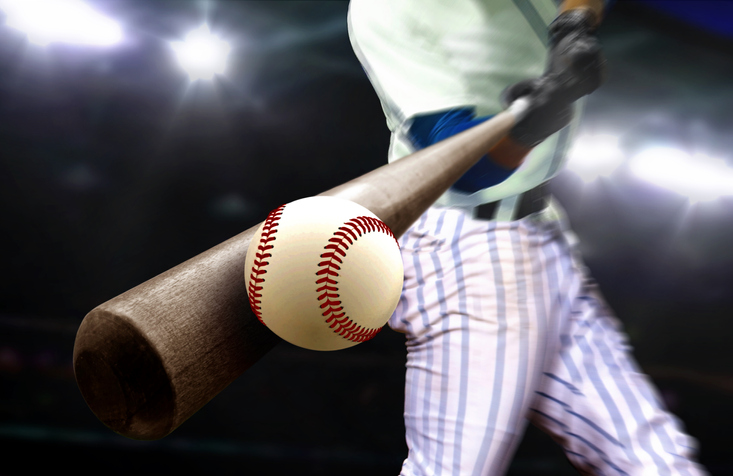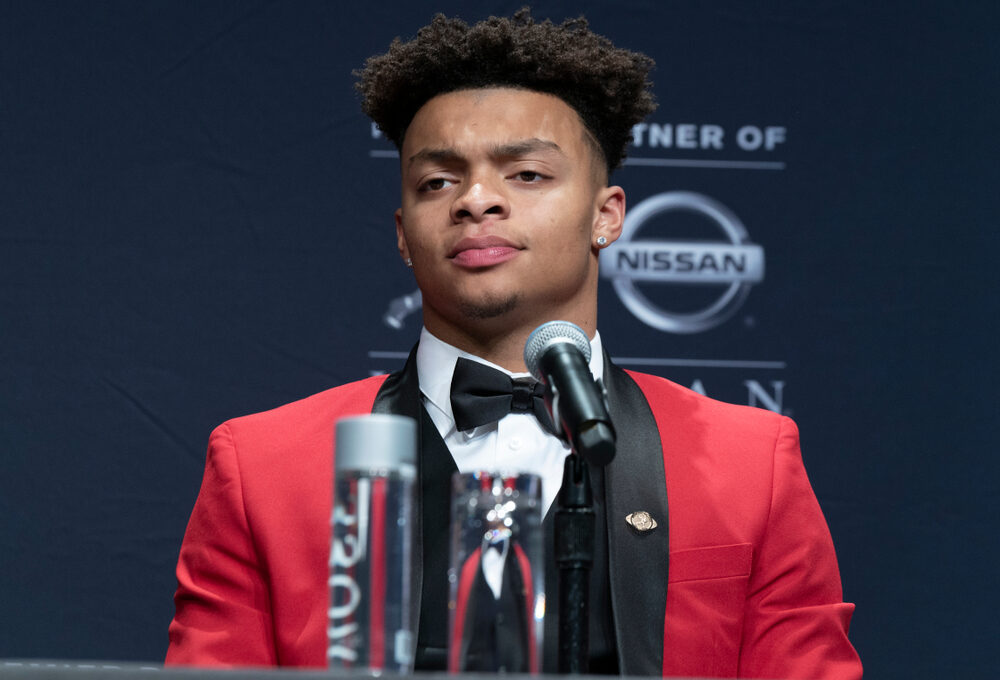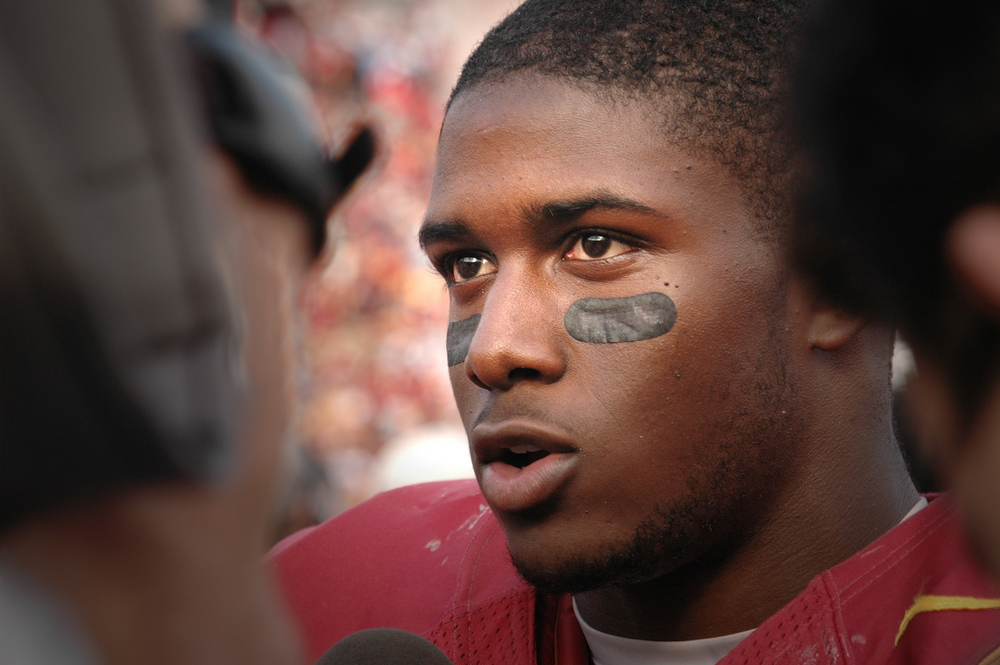On June 19th, 1865, General Gordon Granger rode into Galveston, Texas to announce General Order No. 3 that ended slavery in Texas.
“The people are informed that, in accordance with a proclamation from the Executive of the United States, all slaves are free.” Two and a half years after the Emancipation Proclamation, and two months after the Civil War, the sudden announcement that ended the horrors of slavery in Texas—the 13th Amendment passed in December 1865 officially abolished slavery—was a day that every Black person would remember as a day of jubilee.
The following year, Black folks in Galveston and across Texas commemorated the event. So important in fact, they eventually created their own word, “Juneteenth,” to mark that occasion. Juneteenth meant everything. It was their day.
The day.
Prayer, parades, picnics, and the national pastime permeated these celebrations. Facing increasing white resentment, Juneteenth was used to strengthen the bond of the Black community. They ate well (high on the hog), drank red soda, listened to local orators and church leaders read the Emancipation Proclamation and preached about the future of the race.
At a time when whites questioned Black folks’ ability to survive in freedom, Juneteenth suggested otherwise. The parades were meant for white people to see. To let them hear the words of Abraham Lincoln and remind them Black people were indeed free. Let them see Black women dressed as “lady liberty,” to remind them of promises unkept. To make them watch Black soldiers leading the parade, to remind them of the sacrifices made for the nation.
And then there was baseball.
One could not attend a Juneteenth without baseball. In a south that increasingly tried to limit Black freedom, baseball became a symbol of mobility and autonomy in a Jim Crow Texas. Starting in the early 1870s, baseball was almost certain to be a center piece at every Juneteenth.
Continue reading over at First and Pen.
This content has been brought to you by First and Pen in partnership with TheHub.News. First and Pen “amplifies local sports stories from voices of color to the national conscience..”
Follow @FirstandPen on Twitter.
Originally posted 2021-06-19 12:56:57.








